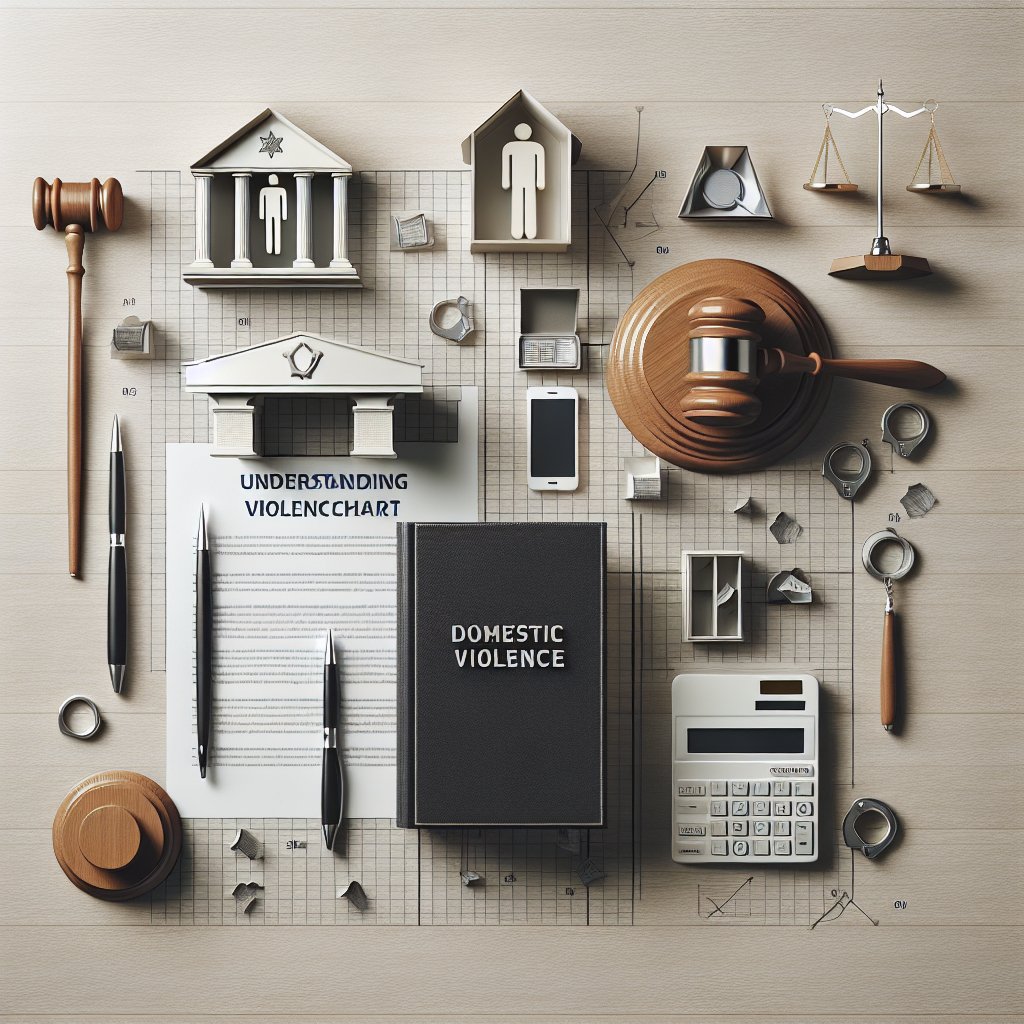Domestic violence is a grave issue that affects countless individuals and families worldwide. Understanding the legal implications and charges associated with domestic violence is crucial for both victims and those accused. This article delves into the complexities of domestic violence charges, exploring the role of criminal lawyers in navigating these challenging cases.
The Nature of Domestic Violence Charges
Domestic violence charges encompass a wide range of behaviors and actions that occur within intimate or familial relationships. These charges are not limited to physical violence but can also include emotional, psychological, and financial abuse. The legal system recognizes the severe impact of domestic violence on victims and society, which is why these charges are treated with utmost seriousness.
One of the primary challenges in domestic violence cases is the often private nature of the incidents. Unlike other criminal activities that may occur in public or have multiple witnesses, domestic violence typically happens behind closed doors. This can make it difficult for law enforcement and prosecutors to gather evidence and build a strong case. As a result, the testimony of the victim often plays a crucial role in the proceedings.
Moreover, domestic violence charges can vary significantly depending on the jurisdiction and the specific circumstances of the case. Some jurisdictions have mandatory arrest policies, meaning that law enforcement officers are required to arrest the alleged perpetrator if there is probable cause to believe that domestic violence has occurred. This can lead to complex legal situations where the accused may feel that their rights have been violated.
The Role of Criminal Lawyers in Domestic Violence Cases
Criminal lawyers play a vital role in domestic violence cases, representing both victims and defendants. For victims, a criminal lawyer can provide essential support and guidance throughout the legal process. They can help victims understand their rights, assist in obtaining protective orders, and represent them in court proceedings. Additionally, lawyers can work with victims to gather evidence and build a strong case against the perpetrator.
For those accused of domestic violence, criminal lawyers are equally important. Being charged with domestic violence can have severe consequences, including jail time, fines, and a permanent criminal record. A skilled criminal lawyer can help the accused understand the charges against them, explore possible defenses, and navigate the complexities of the legal system. They can also negotiate plea deals or work towards having the charges reduced or dismissed.
One of the key challenges for criminal lawyers in domestic violence cases is balancing the need for a robust defense with the sensitivity required in such emotionally charged situations. Lawyers must be adept at handling the intricacies of family dynamics and the potential for false accusations. They must also be prepared to address issues such as substance abuse, mental health, and the presence of children in the household, which can complicate the legal proceedings.
Challenges and Considerations in Domestic Violence Cases
Domestic violence cases present unique challenges that require careful consideration by all parties involved. One of the primary challenges is the potential for false accusations. In some cases, individuals may falsely accuse their partners of domestic violence to gain an advantage in divorce or custody proceedings. Criminal lawyers must be vigilant in investigating the facts and ensuring that justice is served.
Another significant consideration is the impact of domestic violence on children. Children who witness domestic violence are at risk of experiencing emotional and psychological trauma, which can have long-lasting effects. In cases where children are involved, the legal system must prioritize their safety and well-being. Criminal lawyers may work with child protection services and family courts to ensure that appropriate measures are taken to protect the children.
Additionally, cultural and societal factors can influence domestic violence cases. In some communities, there may be a stigma associated with reporting domestic violence, leading victims to remain silent. Criminal lawyers must be culturally sensitive and aware of these dynamics to effectively represent their clients. They may also work with community organizations and advocacy groups to provide support and resources to victims.
Conclusion
Understanding domestic violence charges is essential for both victims and those accused. The legal system plays a critical role in addressing domestic violence, and criminal lawyers are at the forefront of these efforts. By providing expert legal representation and support, criminal lawyers help ensure that justice is served and that the rights of all parties are protected. As society continues to grapple with the issue of domestic violence, the role of criminal lawyers will remain indispensable in navigating the complexities of these cases.




